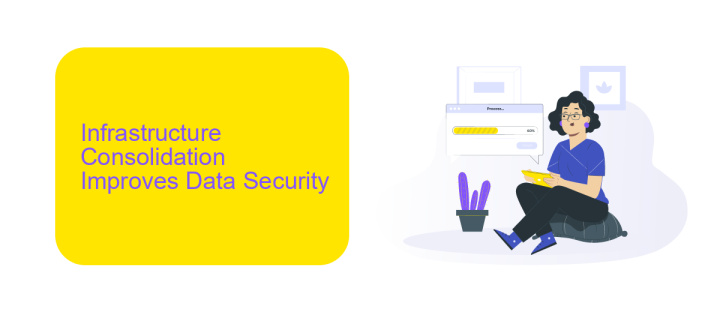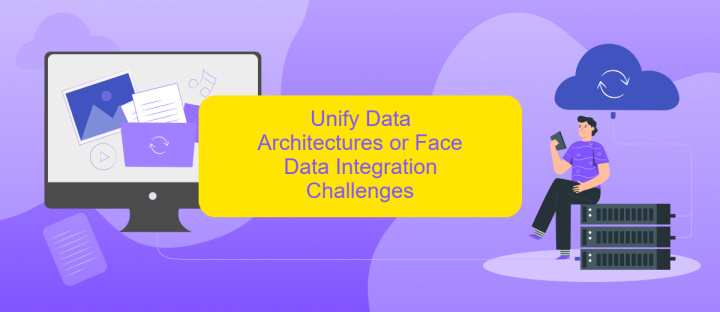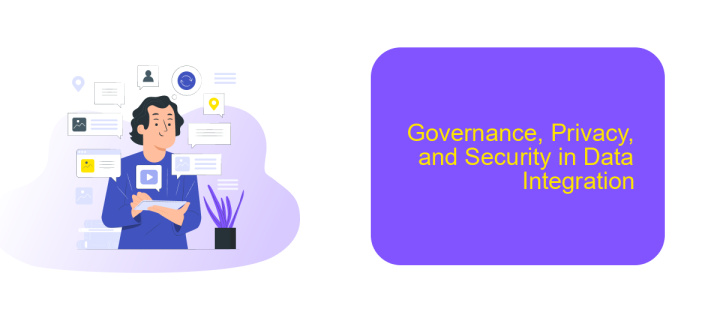Forrester Data Integration
In today's fast-paced digital landscape, seamless data integration is crucial for businesses striving to maintain a competitive edge. Forrester's comprehensive analysis reveals cutting-edge strategies and tools that enable organizations to unify disparate data sources, enhance decision-making, and drive innovation. This article delves into Forrester's latest insights, offering valuable guidance for enterprises looking to optimize their data integration processes and harness the full potential of their data assets.
Enterprises Need a Unified Platform for Intelligence Preparation
In today's fast-paced business environment, enterprises require a unified platform to streamline intelligence preparation. A cohesive system not only enhances data integration but also ensures that the information is readily accessible and actionable. By consolidating various data sources, businesses can achieve a holistic view of their operations, leading to more informed decision-making.
- Centralized data management
- Seamless integration of diverse data sources
- Enhanced data accuracy and reliability
- Real-time data access and analysis
ApiX-Drive offers a robust solution for integrating multiple data sources effortlessly. Its user-friendly interface and powerful features enable businesses to automate data workflows, reducing manual intervention and errors. By leveraging ApiX-Drive, enterprises can ensure that their intelligence preparation is both efficient and effective, paving the way for strategic growth and innovation.
Infrastructure Consolidation Improves Data Security

Infrastructure consolidation plays a crucial role in enhancing data security by centralizing data management and reducing the number of potential vulnerabilities. When organizations consolidate their infrastructure, they minimize the complexity of their IT environment, which in turn reduces the risk of security breaches. By having fewer systems and applications to manage, IT teams can focus more on securing the remaining critical assets, ensuring that all security measures are up-to-date and effective.
Additionally, using integration services like ApiX-Drive can further strengthen data security during the consolidation process. ApiX-Drive enables seamless integration between different systems, allowing for secure data transfer and synchronization. This not only ensures that data is consistently protected across all platforms but also simplifies compliance with data protection regulations. By leveraging such integration tools, organizations can achieve a more secure, streamlined infrastructure that supports robust data security practices.
Unify Data Architectures or Face Data Integration Challenges

In today's data-driven world, unifying data architectures is crucial for seamless data integration. Organizations often face significant challenges when their data systems are fragmented and inconsistent. These challenges can lead to inefficiencies, data silos, and increased operational costs.
- Establish a centralized data repository to ensure all data is accessible from a single source.
- Implement robust data governance policies to maintain data quality and compliance.
- Utilize integration platforms like ApiX-Drive to streamline the process of connecting various data sources.
- Ensure continuous monitoring and optimization of data workflows to adapt to changing business needs.
By unifying data architectures, organizations can overcome integration challenges and enhance their data management capabilities. Tools like ApiX-Drive facilitate seamless integration, allowing businesses to connect disparate systems effortlessly. This unified approach not only improves data accessibility but also drives better decision-making and operational efficiency.
Governance, Privacy, and Security in Data Integration

Effective governance, privacy, and security are crucial components of any data integration strategy. Proper governance ensures that data is accurate, consistent, and used responsibly across the organization. It involves establishing policies, procedures, and roles to manage data assets effectively.
Privacy, on the other hand, focuses on protecting sensitive information from unauthorized access and ensuring compliance with regulations such as GDPR and CCPA. Implementing strong privacy measures is essential to maintain customer trust and avoid legal repercussions.
- Data encryption and anonymization
- Access control and user authentication
- Regular audits and compliance checks
- Data masking and tokenization
Security in data integration involves safeguarding data from breaches and cyber threats. Utilizing services like ApiX-Drive can streamline the integration process while ensuring robust security measures are in place. ApiX-Drive offers automated workflows that adhere to stringent security protocols, making it easier to manage data integrations without compromising on safety.


The Data Integration Imperative
In today's fast-paced business environment, data integration is no longer a luxury but a necessity. Organizations are inundated with data from a multitude of sources, ranging from customer interactions to operational metrics. The ability to seamlessly integrate this data into a cohesive system is crucial for making informed decisions, enhancing customer experiences, and maintaining a competitive edge. Without effective data integration, companies risk data silos, inconsistencies, and missed opportunities.
One of the most effective ways to achieve seamless data integration is through the use of specialized services like ApiX-Drive. This platform simplifies the process of connecting various applications and automating data workflows. By leveraging ApiX-Drive, businesses can ensure that data flows smoothly between different systems, reducing manual effort and minimizing errors. This not only saves time and resources but also allows teams to focus on more strategic tasks, ultimately driving growth and innovation.
FAQ
What is Forrester Data Integration?
Why is data integration important for businesses?
How can I automate data integration processes?
What are the key challenges in data integration?
Can I integrate data from multiple cloud services?
Routine tasks take a lot of time from employees? Do they burn out, do not have enough working day for the main duties and important things? Do you understand that the only way out of this situation in modern realities is automation? Try Apix-Drive for free and make sure that the online connector in 5 minutes of setting up integration will remove a significant part of the routine from your life and free up time for you and your employees.

